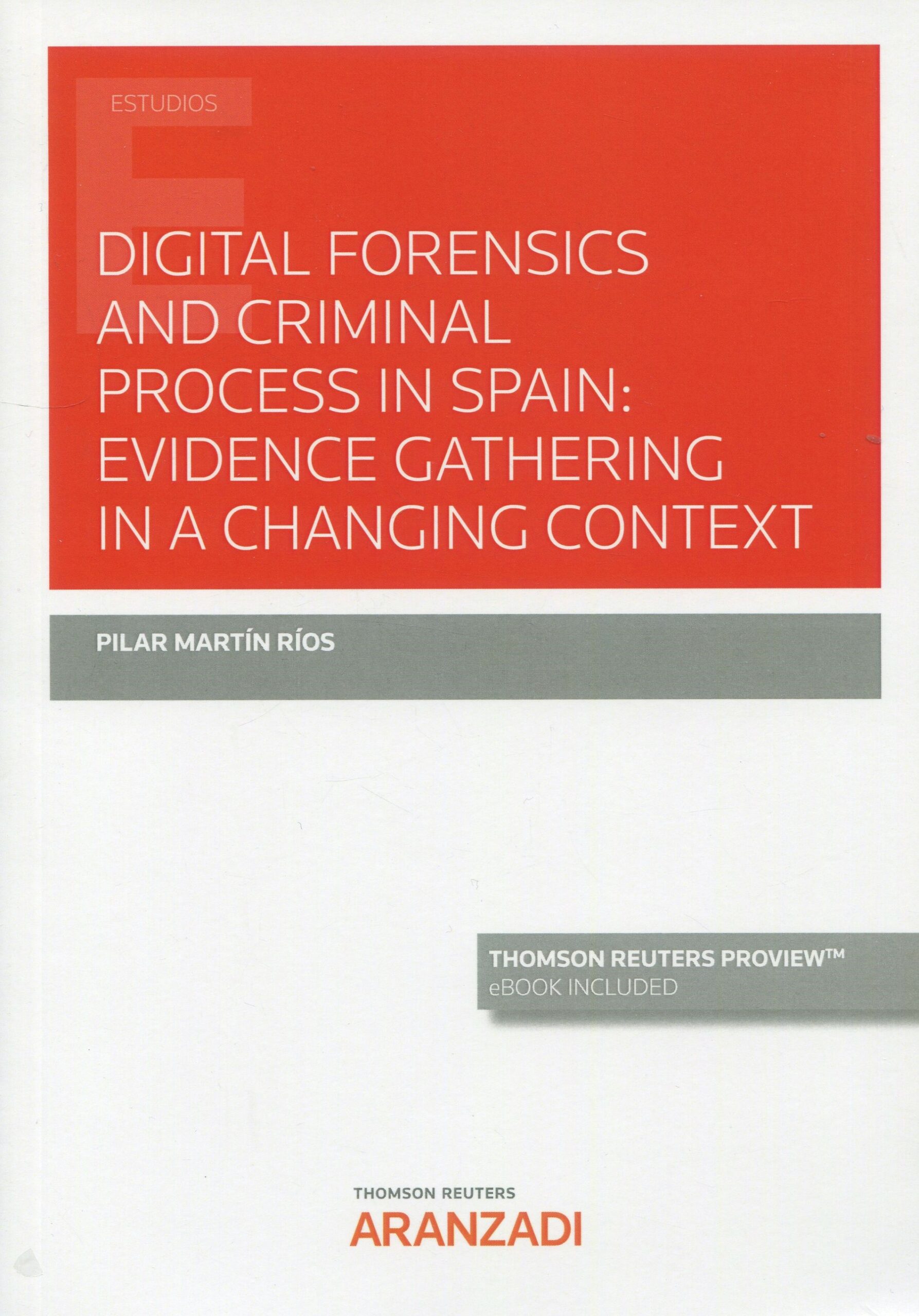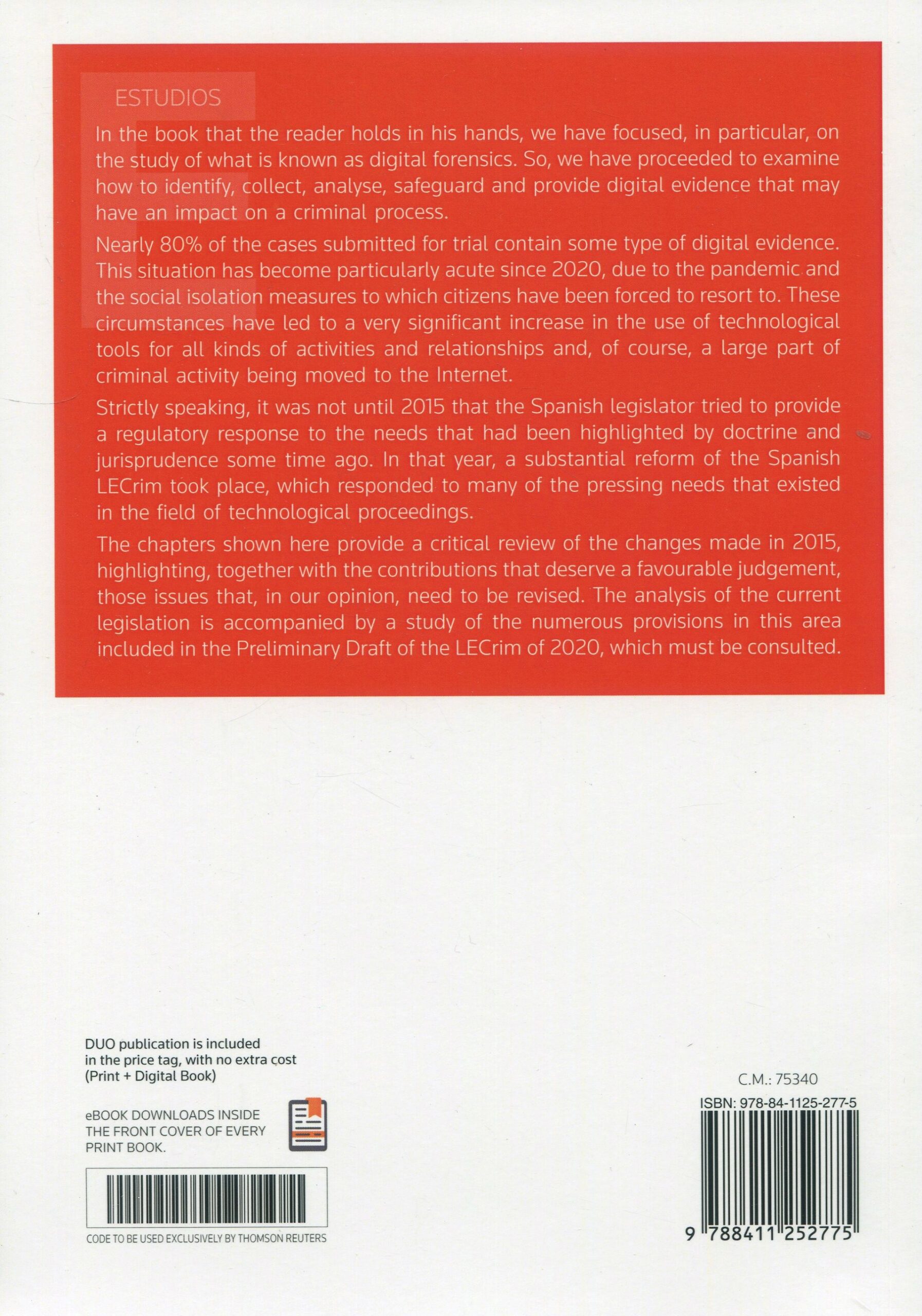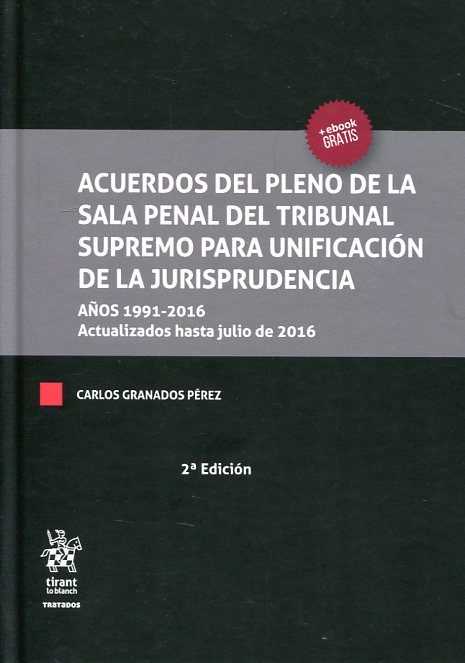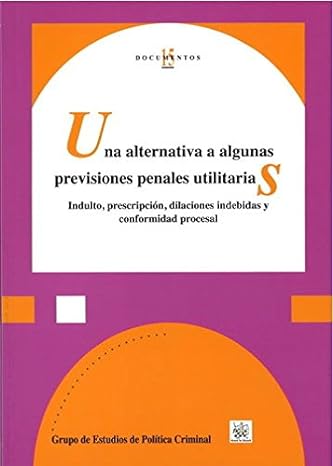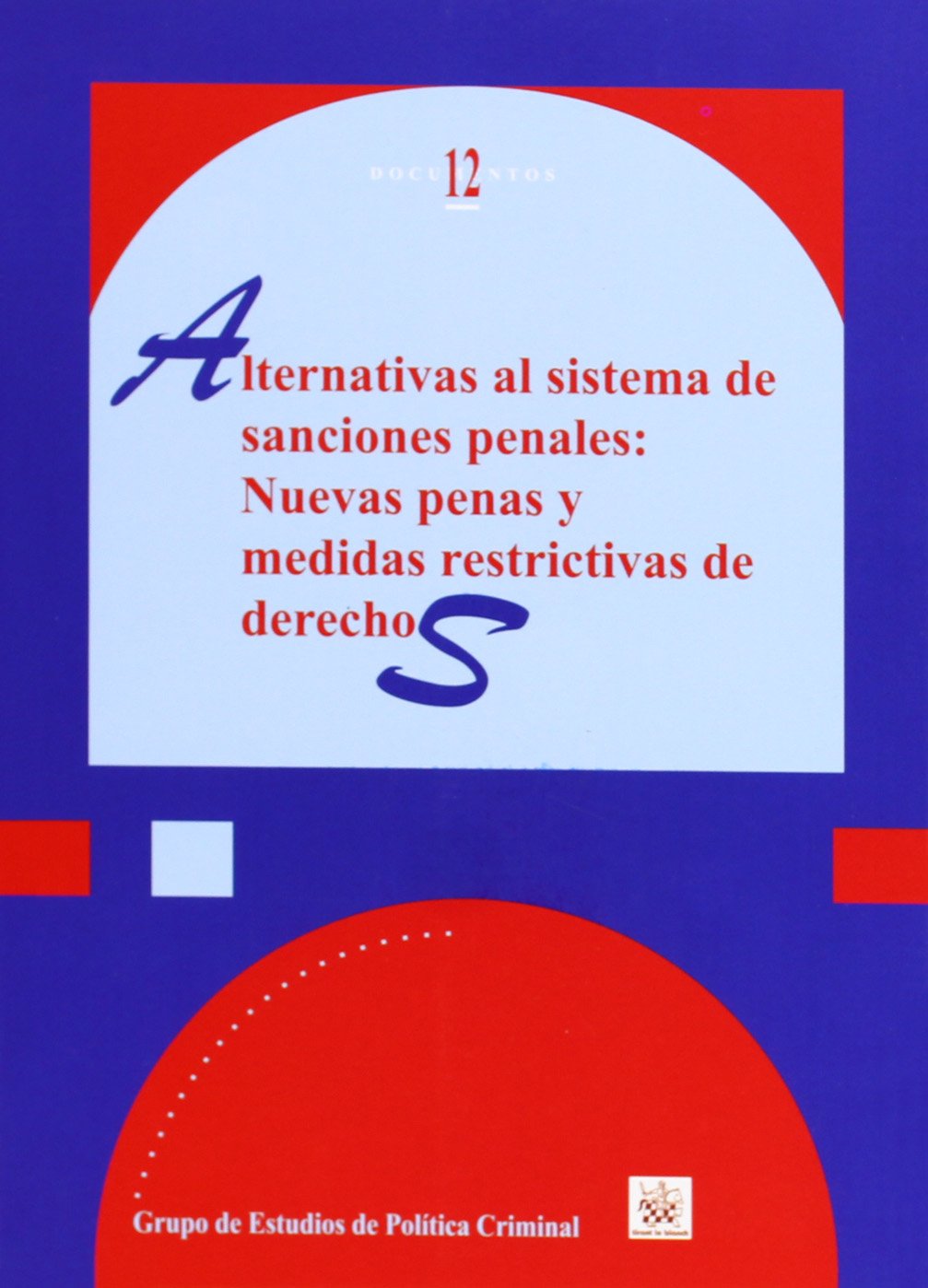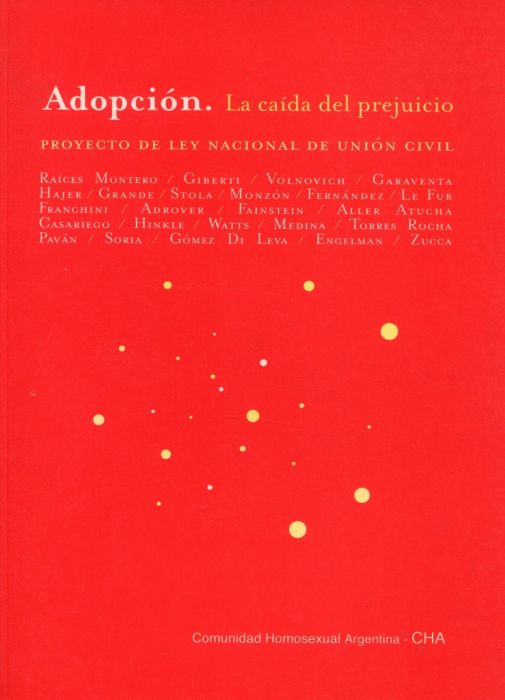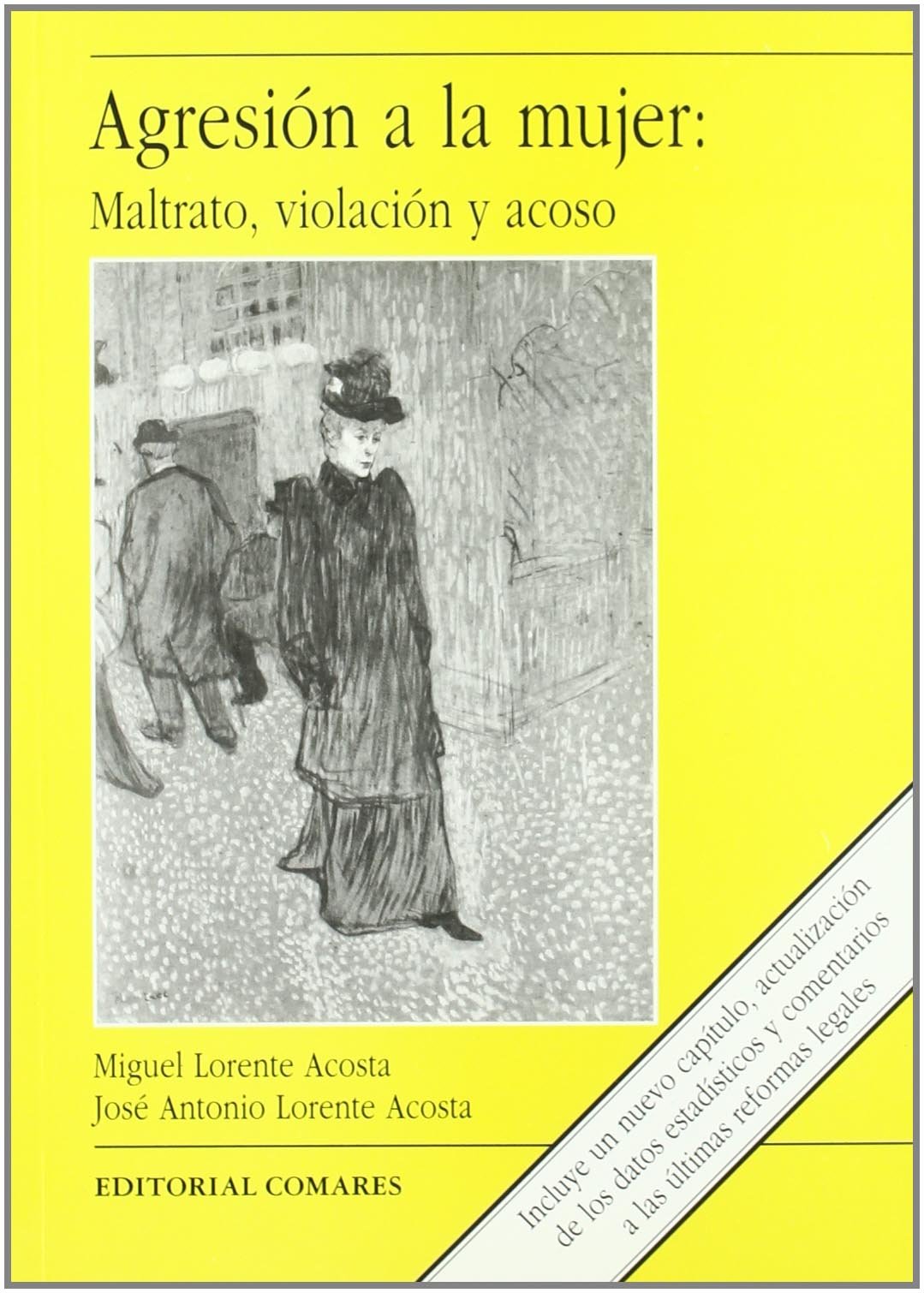Digital Forensics and criminal process in Spain: Evidence gathering in a changing context
In this book we have focused, in particular, on the study of what is known as digital forensics. So, we have proceeded to examine how to identify, collect, analyse, safeguard and provide digital evidence that may have an impact on a criminal process.
Nearly 80% of the cases submitted for trial contain some type of digital evidence. This situation has become particularly acute since 2020, due to the pandemic and the social isolation measures to which citizens have been forced to resort to. These circumstances have led to a very significant increase in the use of technological tools for all kinds of activities and relationships and, of course, a large part of criminal activity being moved to the Internet.
Strictly speaking, it was not until 2015 that the Spanish legislator tried to provide a regulatory response to the needs that had been highlighted by doctrine and jurisprudence some time ago. In that year, a substantial reform of the Spanish LECrim took place, which responded to many of the pressing needs that existed in the field of technological proceedings.
The chapters shown here provide a critical review of the changes made in 2015, highlighting, together with the contributions that deserve a favourable judgement, those issues that, in our opinion, need to be revised. The analysis of the current legislation is accompanied by a study of the numerous provisions in this area included in the Preliminary Draft of the LECrim of 2020, which must be consulted.

